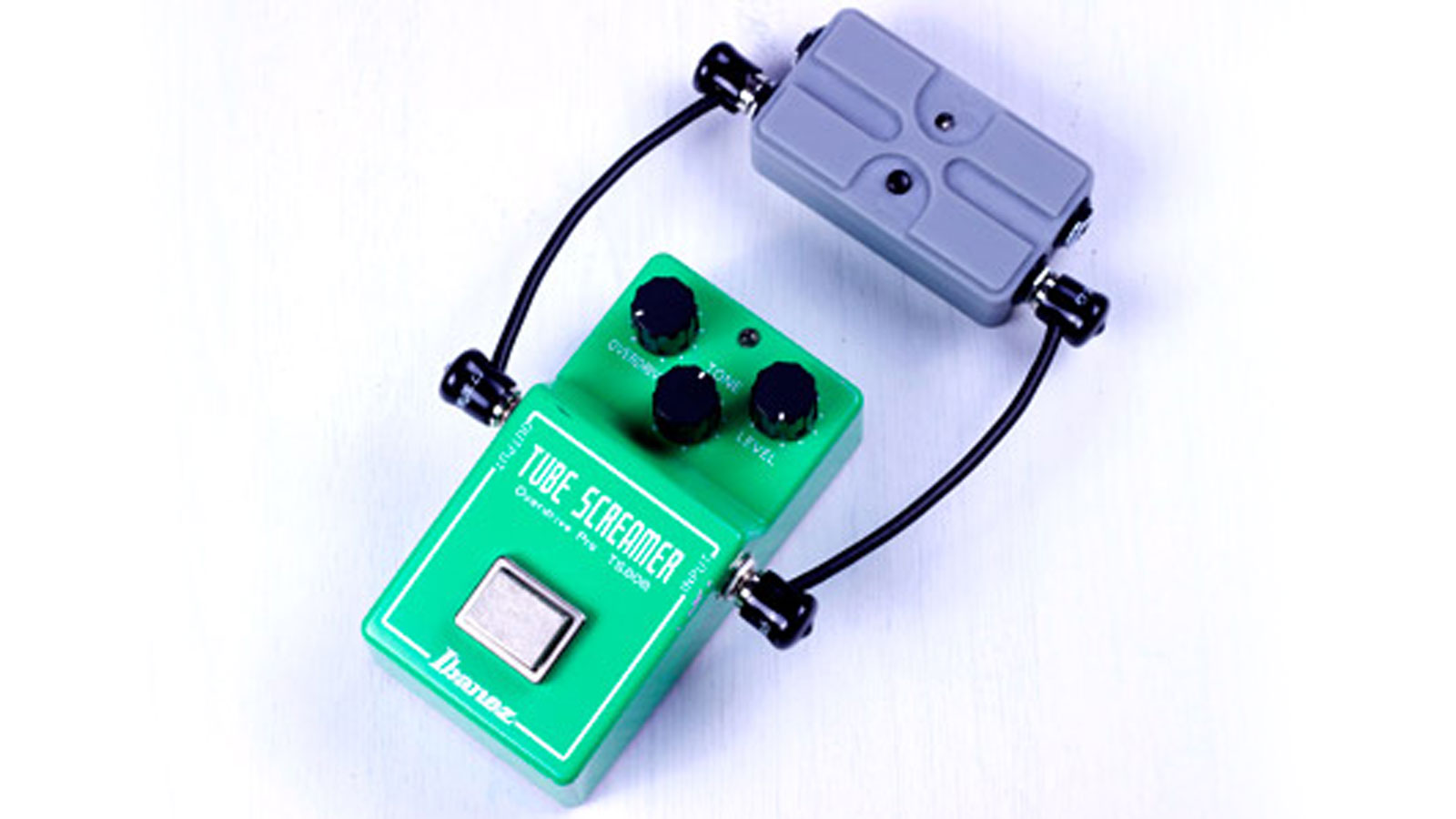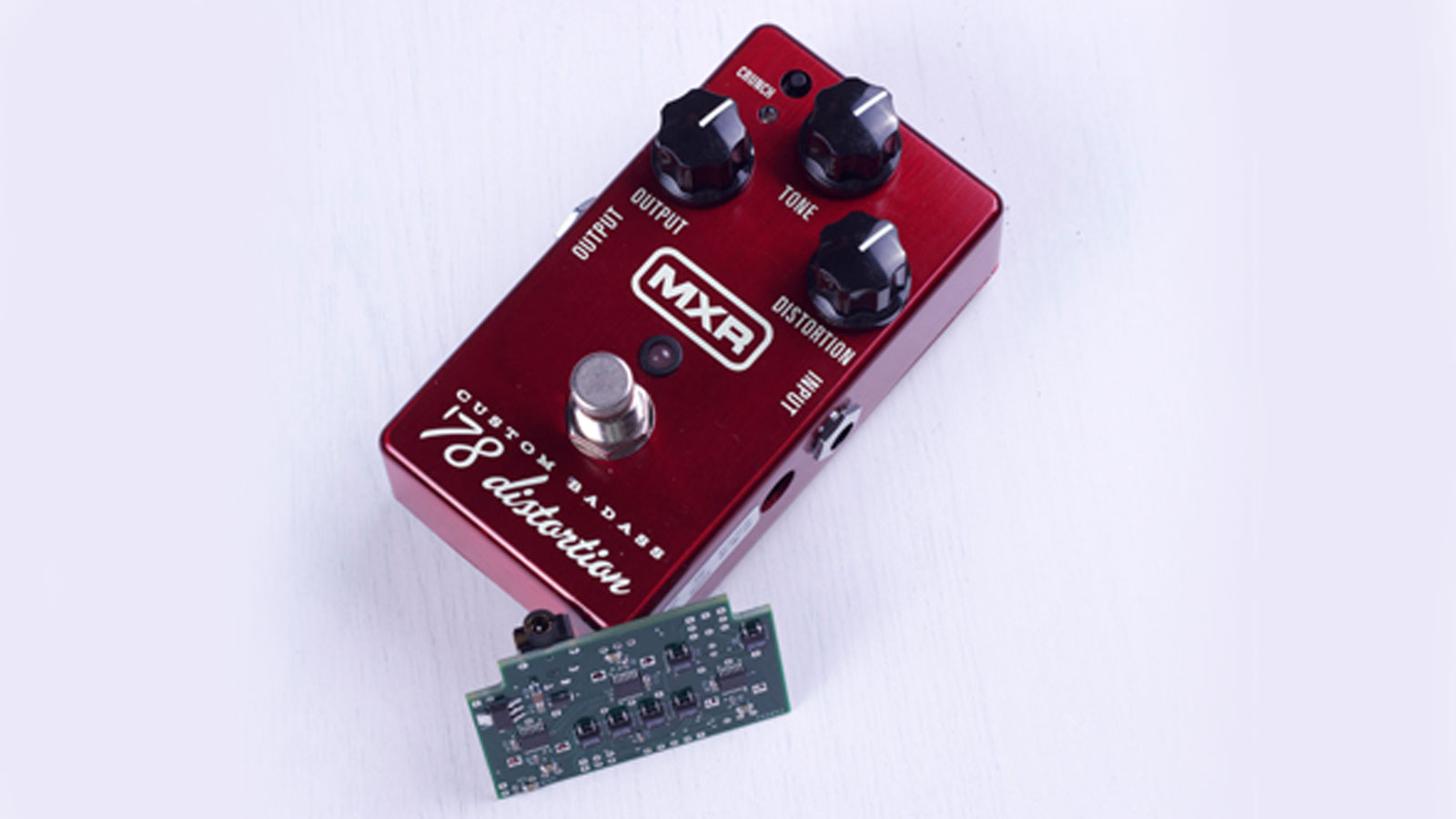NAMM 2015: Source Audio teases Neuro MIDI switching system
MIDI switching for analog pedals

Want all the hottest music and gear news, reviews, deals, features and more, direct to your inbox? Sign up here.
You are now subscribed
Your newsletter sign-up was successful
NAMM 2015: Source Audio has been revealing details of its new Neuro MIDI switching system in the run-up to this year's NAMM show and, while it's still in the prototype stages, Neuro looks like it could be a neat solution for those hoping for more control over their analogue pedals.
So far the firm have revealed three elements of the Neuro system: the Neuro Hub, the Neuro Loop Switcher and the Neuro Module.
The Hub, as you'd expect, acts as the control center and brain for the MIDI circuit, while the Neuro Loop Switcher (pictured above) can connect to a pedal (or several in a loop) via conventional jack sockets and enable on/off switching of that loop via the Neuro Hub.
Finally, for those after more intricate control of their gear, the Neuro Module (below) is a circuit that can be modded into third party pedals, enabling total control of the effect via the Neuro Hub, including remote on/off switching, saving and loading presets and even live parameter changes via an expression pedal.

Importantly, Source Audio states that "all of this is done while leaving the analog circuit undisturbed. The guitar signal is never digitized". The firm also says that it's already working with third party pedal builders to incorporate the Module into new gear at the production stage.
Analogue tone hounds out there may want to sniff this one out when it launches later this year. For more information, check out the Source Audio blog and the videos below.
Source Audio Neuro MIDI switching system videos
Want all the hottest music and gear news, reviews, deals, features and more, direct to your inbox? Sign up here.
Matt is a freelance journalist who has spent the last decade interviewing musicians for the likes of Total Guitar, Guitarist, Guitar World, MusicRadar, NME.com, DJ Mag and Electronic Sound. In 2020, he launched CreativeMoney.co.uk, which aims to share the ideas that make creative lifestyles more sustainable. He plays guitar, but should not be allowed near your delay pedals.


